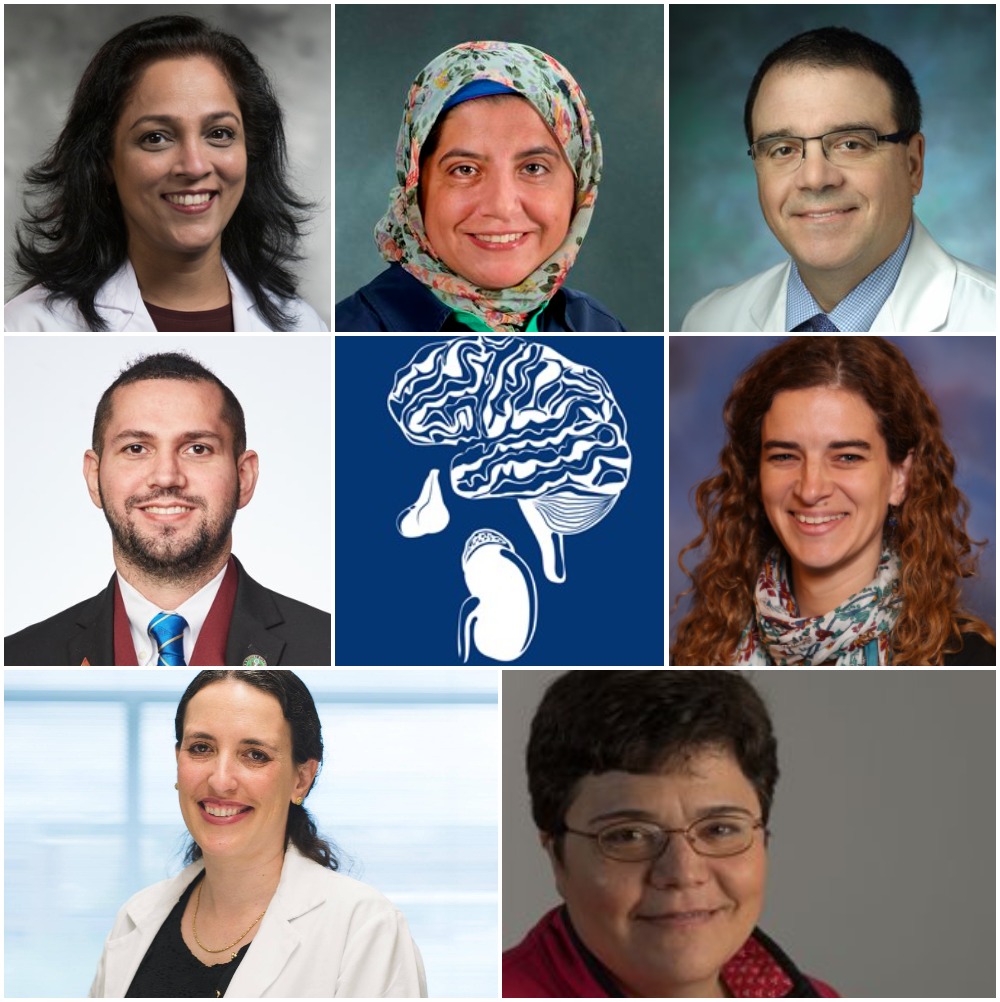While most organizations would have found 2020 a challenging year, the Endocrine Society’s Adrenal and Pituitary Special Interest Group managed to thrive with the help of new technology, expert staff guidance, and a group of determined members.
The Endocrine Society’s Adrenal and Pituitary Special Interest Group (AP-SIG) was created to connect physicians and scientists with expertise in adrenal and pituitary diseases to other Endocrine Society members. Since the chief goal was to bring ideas, programs, and projects proposed by the members into an educational experience and create potential scientific collaborations, communication would be a key component.
Then came 2020, a challenging year that nobody could have anticipated.
However, despite the obstacles and uncertainties caused by the COVID-19 pandemic, the AP-SIG kept the community connected through multiple webinars and other activities. Since in-person meetings were not going to take place any time soon, AP-SIG members hosted a series of educational webinars to take advantage of the new virtual landscape. The first allowed members to discuss “The Paper that Changed my Practice,” while the second seminar was an “Ask the Experts” session with Mark Molitch, MD, PhD, and Valeria de Miguel, MD. Another webinar entitled “Microenvironments: The Science and the Clinical Implications” was hosted by Marta Korbonits, PhD, and Gerald Raverot, MD, and focused solely on basic science.
The result was a series of excellent discussions that not only addressed the challenges faced in the arenas of clinical practice, research, and education, as well as further facilitating strategic planning for activities throughout the next year.
While we all hoped for an in-person connection during ENDO 2021, the second wave of the COVID-19 pandemic made that impossible. But all was far from lost; the AP-SIG committee and the dedicated Endocrine Society staff members coordinated a virtual networking event during ENDO 2021 on Monday March 22, aptly titled “Adapting in Pandemic: Challenges and Lessons Learned.” With more than 120 participants from all over the world, the event began with a brief introduction by Niki Karavitaki, MD, PhD, and Lauren Fishbein, MD, PhD. Attendees were then divided into four “breakout rooms” based on their interests. These sessions included Basic Science (hosted by Dr. Fishbein); Clinical and Translational Research (hosted by Dr. Karavitaki); and two Clinical Practice sessions hosted by Ricardo Correa, MD, EdD, and Sona Sharma, MD.

The result was a series of excellent discussions that not only addressed the challenges faced in the arenas of clinical practice, research, and education, as well as further facilitating strategic planning for activities throughout the next year:
- From a clinical perspective, the pandemic compelled us to try alternative methods to traditional in-person medicine. While patient care could have been compromised due to limited access, the silver lining turned out to be the large-scale implementation of telemedicine. As with any new technology, telemedicine did pose some technical challenges, but for the most part, the AP-SIG community felt that telehealth was not deleterious to clinical care and even improved emotional support to patients throughout the pandemic.
- On the scientific side, many research labs were closed and resources for non-COVID-19 research proved scarce. This resulted in limited opportunities for teaching, training, and mentorship for many early-career researchers. However, the pandemic enforced independent scientific growth by young, enthusiastic future researchers. Likewise, networking and collaborating with leaders have been more effective and accessible through multiple web platforms. Several attendees commented that research institutions should start developing strategies to reduce the pandemic’s impact on research disruption.
- On the education side, fellows training was the hallmark discussion in multiple sub-groups. While fellows adapted quickly to providing care to their patients via telemedicine, most community members felt that they were losing a critical learning aspect of physical exams, especially with new patients and follow-up with complicated patients. Furthermore, the fellows felt that their clinical training was affected during the pandemic and requested a more robust mentorship in the adrenal and pituitary world.
Finally, we thank the Endocrine Society organizing team, including Claudia Barrett, Rodneikka Scott, and Courtney Neal, for making the AP-SIG and the ENDO 2021 networking event a success. We also thank the AP-SIG community members for their valuable participation, support, and analytical inquiries on Community Connect. We guarantee that we listen and compile your questions, requests, and ideas to create potential educational and scientific experiences.
The AP-SIG steering committee includes Niki Karavitaki, MD, PhD; Lauren Fishbein, MD, PhD; Roberto Salvatori, MD; Ricardo Correa, MD, EdD; Sona Sharma, MD; and Ismat Shafiq, MD. For more information go to: www.endocrine.org/our-community/special-interest-groups.
-Shafiq is associate professor of medicine at the University of Rochester Medical Center, Rochester, N.Y. She has served on the AP-SIG Committee since 2019. Correa is program director of the Endocrinology, Diabetes, and Metabolism Fellowship at the University of Arizona College of Medicine, Phoenix, Ariz.

